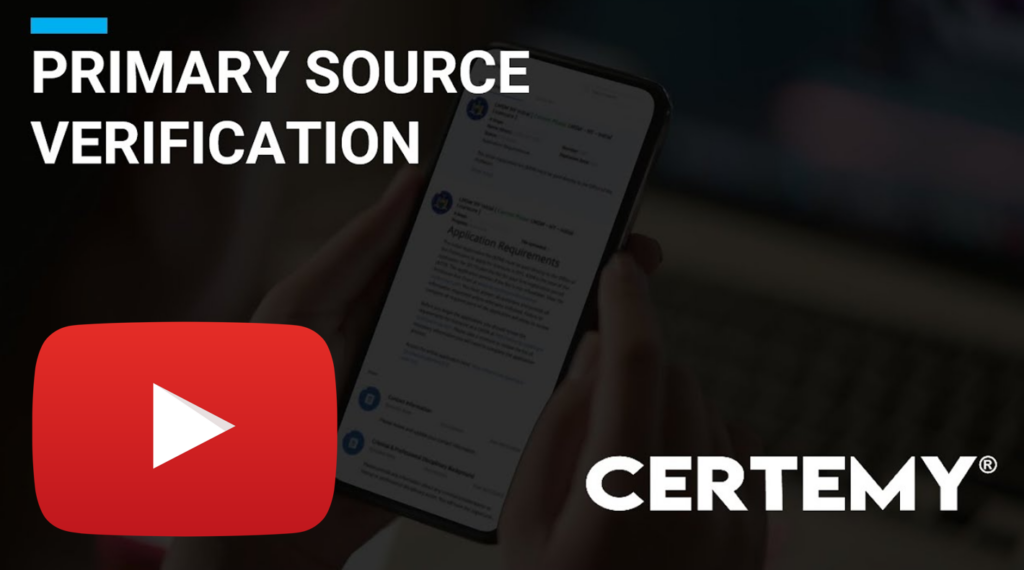
License Verification Tool | Care of the Extremely Low Birth Weight Neonate
The care of an extremely low birth weight (ELBW) neonate is a complex process requiring expertise in neonatal care and attention to detail. ELBW is defined as a neonate born with a weight of 1000 grams (2 pounds, 3 ounces) or less. ELBW neonates represent a unique subset of the neonatal population experiencing challenges associated with prematurity and intricate medical and survival needs. Over the past decades, advances in medical technology and advances in neonatology have resulted in improved chances of survival for ELBW neonates. As a result, healthcare providers are presented with the growing challenge of providing advanced care for more ELBW infants. This article will review the care of the ELBW neonate, emphasizing the importance of accurate and real-time documentation of the medical interventions provided.
ELBW neonates are vulnerable to varying levels of chronic illnesses and complications due to their immature organ systems. Factors such as intraventricular hemorrhage, necrotizing enterocolIt is, persistent pulmonary hypertension, respiratory insufficiency, sepsis, feeding and nutrition difficulties, and patent ductus arteriosus can contribute to the complex care needs of ELBW neonates. Care providers must take into account the multiple medical care needed and anticipate any potential future needs. ELBW neonates also require an individualized approach to care which must address the physical, developmental, and psychological needs of the infant and family.Accurate and real-time documentation is critical for the care of ELBW neonates. The medical record provides a critical roadmap for the patient’s care, including information on in-hospital treatments, any home care needs, and follow-up and referral services. Documenting interventions accurately is vitally important, as mistakes can lead to incorrect diagnosis or treatments, delays in care, and lack of continuity of care. Accurate documentation also helps to ensure that all parties involved in the care of the ELBW neonate are up to date with the most relevant information and can make the best decisions for the patient.Modern medical technology has made it possible for healthcare providers to move towards automated documentation systems. Automated systems are becoming increasingly popular and can improve accuracy of medical records and streamline documentation processes. These systems can provide real-time information, reduce data entry errors, and reduce manual paperwork. By using an automated system, healthcare providers can have a unified view of the patient’s information at their fingertips and can use the information to inform their decisions about the patient’s care.Overall, the care of the ELBW neonate is a challenging task, requiring a significant amount of expertise and attention to detail. The availability of automated documentation systems has improved the quality of care for these vulnerable neonates and ensures that their information is up to date and correct. Healthcare providers must take into account all of the complexities of the ELBW neonate and ensure that they are properly documented in order to ensure the best possible care for the infant and family.Topics:

